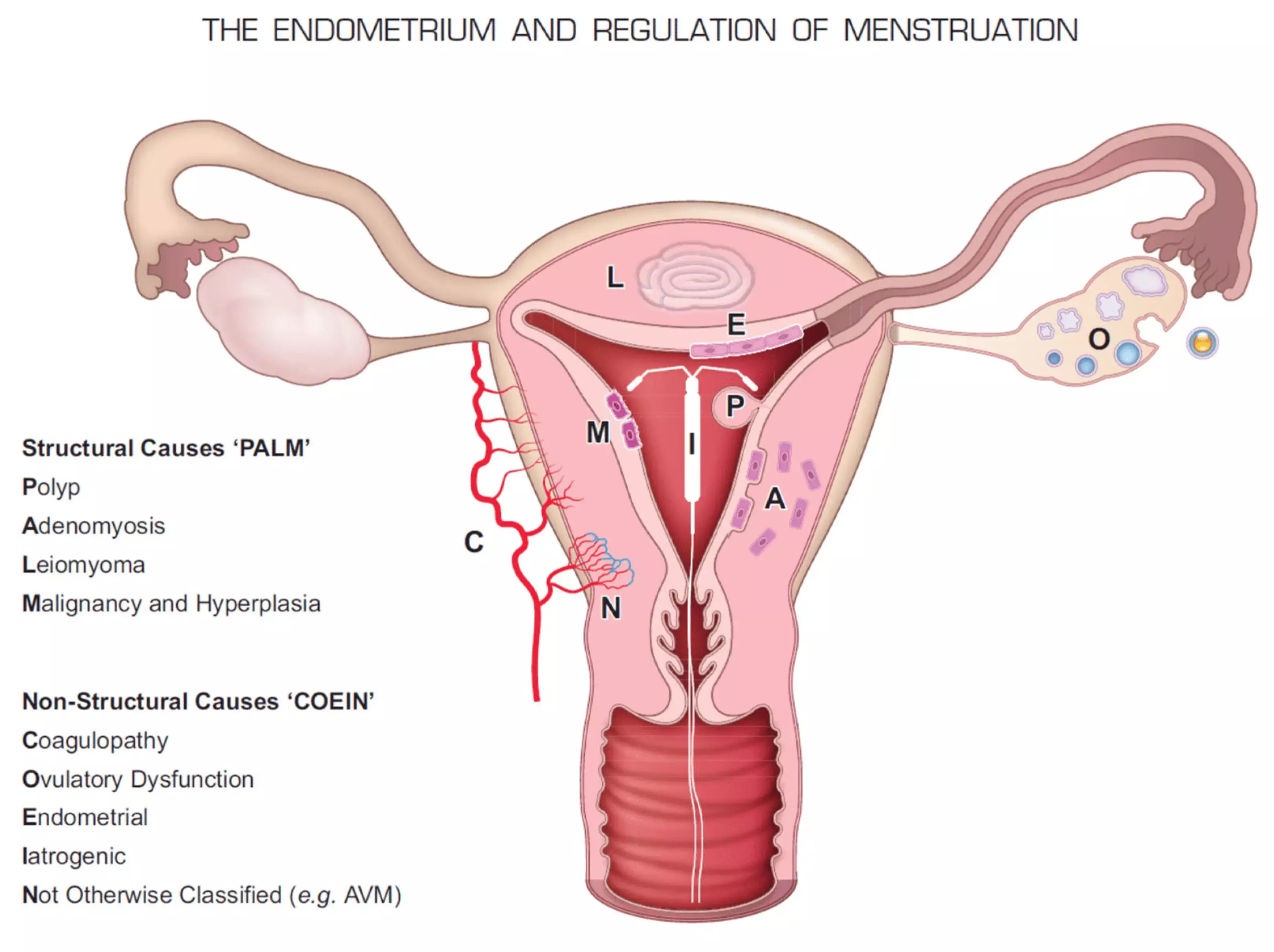- Home
- Medical news & Guidelines
- Anesthesiology
- Cardiology and CTVS
- Critical Care
- Dentistry
- Dermatology
- Diabetes and Endocrinology
- ENT
- Gastroenterology
- Medicine
- Nephrology
- Neurology
- Obstretics-Gynaecology
- Oncology
- Ophthalmology
- Orthopaedics
- Pediatrics-Neonatology
- Psychiatry
- Pulmonology
- Radiology
- Surgery
- Urology
- Laboratory Medicine
- Diet
- Nursing
- Paramedical
- Physiotherapy
- Health news
- Fact Check
- Bone Health Fact Check
- Brain Health Fact Check
- Cancer Related Fact Check
- Child Care Fact Check
- Dental and oral health fact check
- Diabetes and metabolic health fact check
- Diet and Nutrition Fact Check
- Eye and ENT Care Fact Check
- Fitness fact check
- Gut health fact check
- Heart health fact check
- Kidney health fact check
- Medical education fact check
- Men's health fact check
- Respiratory fact check
- Skin and hair care fact check
- Vaccine and Immunization fact check
- Women's health fact check
- AYUSH
- State News
- Andaman and Nicobar Islands
- Andhra Pradesh
- Arunachal Pradesh
- Assam
- Bihar
- Chandigarh
- Chattisgarh
- Dadra and Nagar Haveli
- Daman and Diu
- Delhi
- Goa
- Gujarat
- Haryana
- Himachal Pradesh
- Jammu & Kashmir
- Jharkhand
- Karnataka
- Kerala
- Ladakh
- Lakshadweep
- Madhya Pradesh
- Maharashtra
- Manipur
- Meghalaya
- Mizoram
- Nagaland
- Odisha
- Puducherry
- Punjab
- Rajasthan
- Sikkim
- Tamil Nadu
- Telangana
- Tripura
- Uttar Pradesh
- Uttrakhand
- West Bengal
- Medical Education
- Industry
Use of levonorgestrel IUD significantly benefits women having heavy menstrual bleeding

Use of levonorgestrel IUD significantly benefits women having heavy menstrual bleeding suggests a new study published in the Obstetrics & Gynecology.
Investigators included participants aged 18–50 years with no pelvic or systemic pathology causing heavy menstrual bleeding at 29 U.S. centers in a prospective trial. Participants had up to three screening cycles with menstrual product collection for alkaline hematin blood-loss measurements. Investigators enrolled those with two menses with blood loss of 80 mL or more (values averaged for baseline blood loss), placed the IUD, and followed participants for up to six 28-day cycles. Participants collected any menstrual products used during cycles 3 and 6 for blood-loss measurement. We evaluated outcomes in participants with at least one follow-up assessment for the primary outcome of median absolute blood-loss change and, secondarily, treatment success, defined as the proportion with a final measured blood loss less than 80 mL and at least 50% reduction from baseline. We evaluated exploratory outcomes of differences in blood-loss changes by BMI and parity using Wilcoxon rank sum test.
RESULTS:
Of 105 enrolled participants, 47 (44.8%) had obesity (BMI 30.0 or higher) and 29 (27.6%) were nulliparous. Baseline mean blood loss ranged from 73 to 520 mL (median 143 mL, interquartile range 112–196 mL). Eighty-nine (84.8%) had at least one evaluable follow-up evaluation. Participants had median (interquartile range) absolute blood-loss decreases at cycles 3 (n=86) and 6 (n=81) of 93.3% (86.1–97.7%) and 97.6% (90.4–100%), respectively. At cycle 6, participants without obesity (n=43) and with obesity (n=38) had similar median [interquartile range] decreases (97.6% [91.8–100%] and 97.5% [90.3–100%], respectively; P=.89), with comparable findings for nulliparous (n=25) and parous (n=56) participants (97.0% [91.7–99.1%] and 98.1% [89.9–100%], respectively; P=.43). Treatment success occurred in 81.8% (95% CI 74.2–89.4%) of 99 participants, excluding those with no outcomes due to lost to follow-up or consent withdrawal, and did not vary by BMI or parity. The most common adverse events leading to discontinuation were bleeding or cramping (n=6 [5.7%]) and expulsion (n=5 [4.8%]).
This levonorgestrel 52-mg IUD reduces blood loss by more than 90% over 6 months compared with baseline for most users with heavy menstrual bleeding.
Reference:
Creinin, Mitchell D. MD; Barnhart, Kurt T. MD, MSCE; Gawron, Lori M. MD, MPH; Eisenberg, David MD, MPH; Mabey, R. Garn Jr MD; Jensen, Jeffrey T. MD, MPH. Heavy Menstrual Bleeding Treatment With a Levonorgestrel 52-mg Intrauterine Device. Obstetrics & Gynecology 141(5):p 971-978, May 2023. | DOI: 10.1097/AOG.0000000000005137
Keywords:
Use, levonorgestrel, IUD, significantly, benefits, women, having, heavy, menstrual, bleeding, Creinin, Mitchell D. MD; Barnhart, Kurt T. MD, MSCE; Gawron, Lori M. MD, MPH; Eisenberg, David MD, MPH; Mabey, R. Garn Jr MD; Jensen, Jeffrey T.
Dr. Shravani Dali has completed her BDS from Pravara institute of medical sciences, loni. Following which she extensively worked in the healthcare sector for 2+ years. She has been actively involved in writing blogs in field of health and wellness. Currently she is pursuing her Masters of public health-health administration from Tata institute of social sciences. She can be contacted at editorial@medicaldialogues.in.
Dr Kamal Kant Kohli-MBBS, DTCD- a chest specialist with more than 30 years of practice and a flair for writing clinical articles, Dr Kamal Kant Kohli joined Medical Dialogues as a Chief Editor of Medical News. Besides writing articles, as an editor, he proofreads and verifies all the medical content published on Medical Dialogues including those coming from journals, studies,medical conferences,guidelines etc. Email: drkohli@medicaldialogues.in. Contact no. 011-43720751


